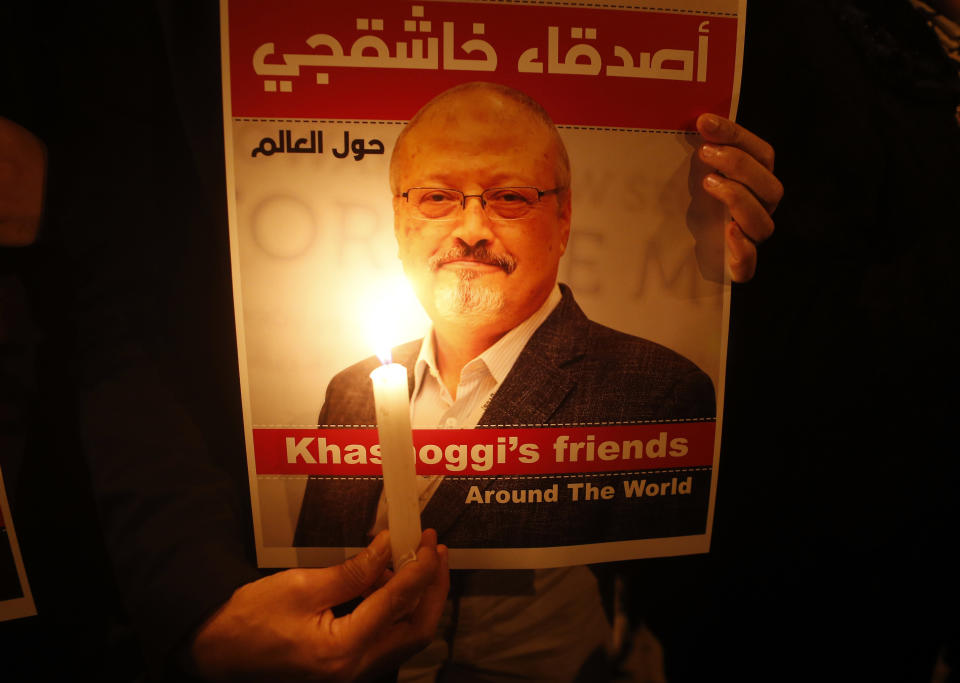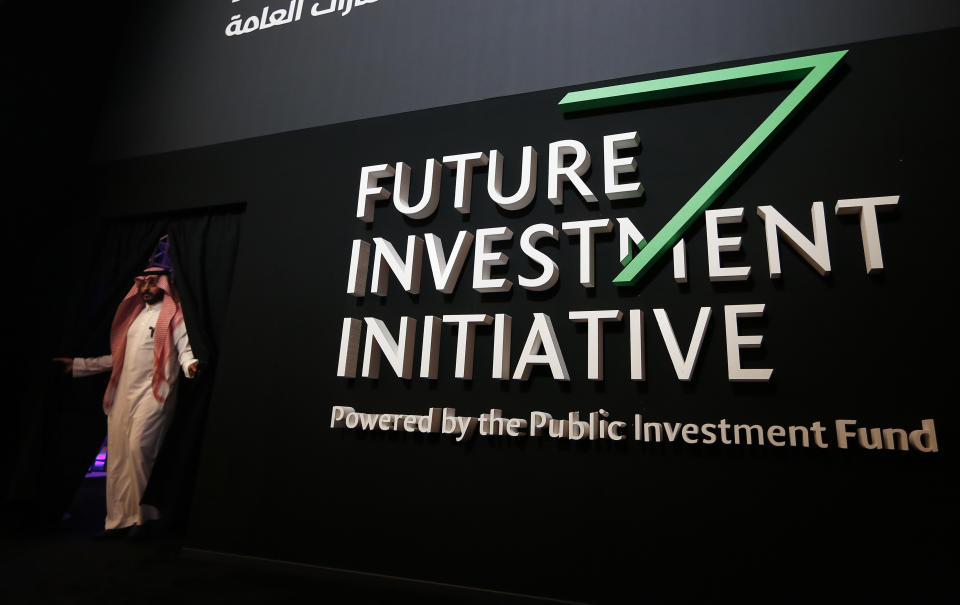What’s next for America’s lucrative relationship with Saudi Arabia?
For years, the Kingdom of Saudi Arabia has spent millions on a charm offensive aimed at improving its image to Americans. With more than $1.6 million in political donations made by Saudi foreign agents,It spent more than $24 million alone in the 2018 midterm election cycle, according to the Center for Responsive Politics.
According to Foreign Agents Registration Act (FARA) filings, Saudi Arabia has spent millions in lobbying fees aimed at a handful of issues. Chief among them are JASTA (the Justice Against Sponsors of Terrorism Act), national oil and gas company Saudi Aramco, military and counter-terrorism initiatives, and public relations. Much of this is in line with “Vision 2030,” the country’s plan to reduce its dependency on oil and diversify its investments.
There has been increasing bipartisan opposition to Saudi Arabia in Congress, particularly for the Saudi-led military campaign in Yemen. But after the premeditated murder of Washington Post contributor and dissident Jamal Khashoggi, Saudi Arabia faced public international outrage. Many believe that it will be a tough year ahead for the country as it grapples with a tarnished public image.
“I think his reputation is badly damaged,” former U.S. Ambassador to Saudi Arabia, Robert Jordan, told Yahoo Finance, referring to Saudi Arabia’s Crown Prince Mohammed bin Salman bin Abdulaziz Al Saud. He is frequently referred to as MBS.
The 32-year-old prince was once met with enthusiasm as he touted many reforms in his country. But the excitement over Saudi Arabia’s leading reformer has waned as many consider just how much political risk they can afford in dealing with the Kingdom.
Facing the consequences
Now that Democrats have regained control of the House, it’s possible that America’s stance toward the Kingdom will become increasingly hostile.
“From the Saudi standpoint, I think that they’ll try to maintain business as usual and hope the Khashoggi furor will die down,” said Jordan, who was ambassador from 2001 to 2003 under President George W. Bush.
But, the ambassador says, it’s likely there will be some consequences from American lawmakers, including potential sanctions.
“The sanctions that have thus far been imposed are feeble — simply cancelled visas,” he said. “It’s too bad they can’t go to Disneyland but that’s hardly a robust sanction. So I think we’ll see something further that won’t end the relationship but will be strong enough to show there isn’t a blank check out there.”

“I think they’ll try to hold them to account,” he continued. “From limiting arms sales and keeping an eye on budgetary authorizations that empower the Saudis on their agenda.”
President Trump touted a $110 billion arms deal with Saudi Arabia last year, though there hasn’t been much progress.
“The much-touted arms sales that the president has talked about are very uncertain,” said Jordan. “The only clear contracts are a Lockheed Martin sale for about $6 billion. The rest are simply letters of intent, or the beginning of negotiations, and might look quite different at the end of the day and might implicate far fewer jobs than has been presented.”
“This means the American economy is tied much less to Saudi business than has been suggested,” he explained.
But the U.S. government isn’t the only one that might be backing away from deepening ties with Saudi Arabia.
Increasing caution
Finance CEOs pulled out of the Future Investment Initiative Conference in Riyadh last month, after news of Khashoggi’s death spread. Commonly dubbed Davos in the Desert, the conference aimed to attract technology and business executives, government leaders and finance heads.
Jordan believes that the private sector backed away as corporate social responsibility becomes emphasized to a greater degree. This could lead to greater caution in investing in Saudi Arabia, a country known for its human rights abuses and ruled by a conservative, theocratic regime.

“Foreign direct investment dropped off a cliff after the fiasco at the Ritz-Carlton last year,” he said, referring to the Crown Prince’s use of the hotel as a prison. “It rebounded a bit, but I think American direct investment is going to be much more cautious. That’s going to be made up by the Saudis with increased investment by Russia, China and others.”
Last year foreign direct investment in the country fell to $1.5 billion, a significant drop from $7.5 billion the year before. In 2012, foreign investors poured $12.2 billion into the country.
Despite a more cautious approach to Saudi investment, it’s doubtful that this will happen in the reverse. Saudi Arabia has increasingly invested in American businesses, like Uber and Tesla.
“They have been very successful in investing in American business — and internationally — in such a way that Silicon Valley, financial services, and other sectors of our economy are greatly subject to Saudi investment in large numbers,” said Jordan. “Their Public Investment Fund has been aggressive in going after that and I think we want to encourage vision 2030. We want to encourage the reforms.”
“At the same time, probably on a company by company basis, a lot of them will take a closer look at who their shareholders are and what that implies. They have concerns for their reputation and undue influence,” he said.
With so much at stake, Jordan said the Saudi royal family will work hard to rebuild the image and reputation they’ve spent years — and millions — to polish.
“I’d hope he [MBS] takes this as a wakeup call,” Jordan said.
Kristin Myers is a reporter at Yahoo Finance. Follow her on Twitter.
Read more:
Cannabis investor: ‘It’s not just about Canada. It’s not just about the US’
‘Trumponomics’ author: ‘Trump sure looks like a genius right now’ on the Fed
Follow Yahoo Finance on Twitter, Facebook, Instagram, Flipboard, LinkedIn, and reddit.

